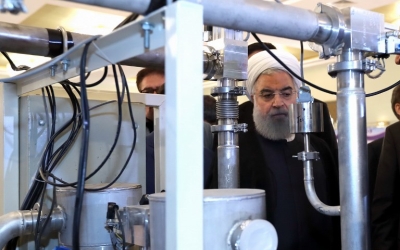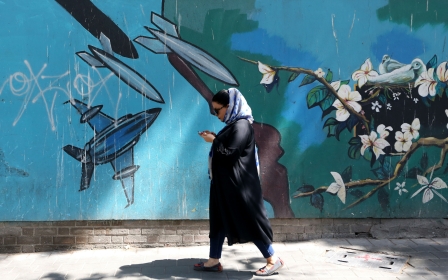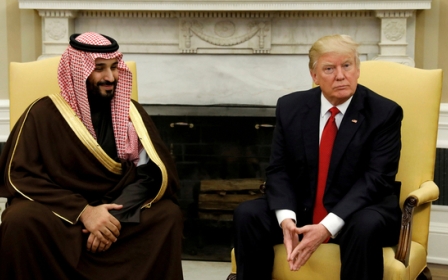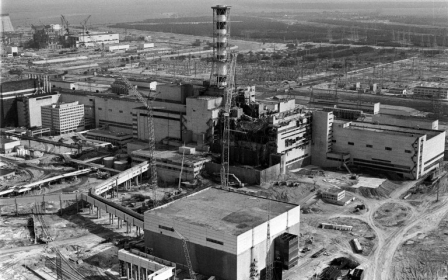Vienna meeting 'last chance' to save nuclear deal, warns Iran
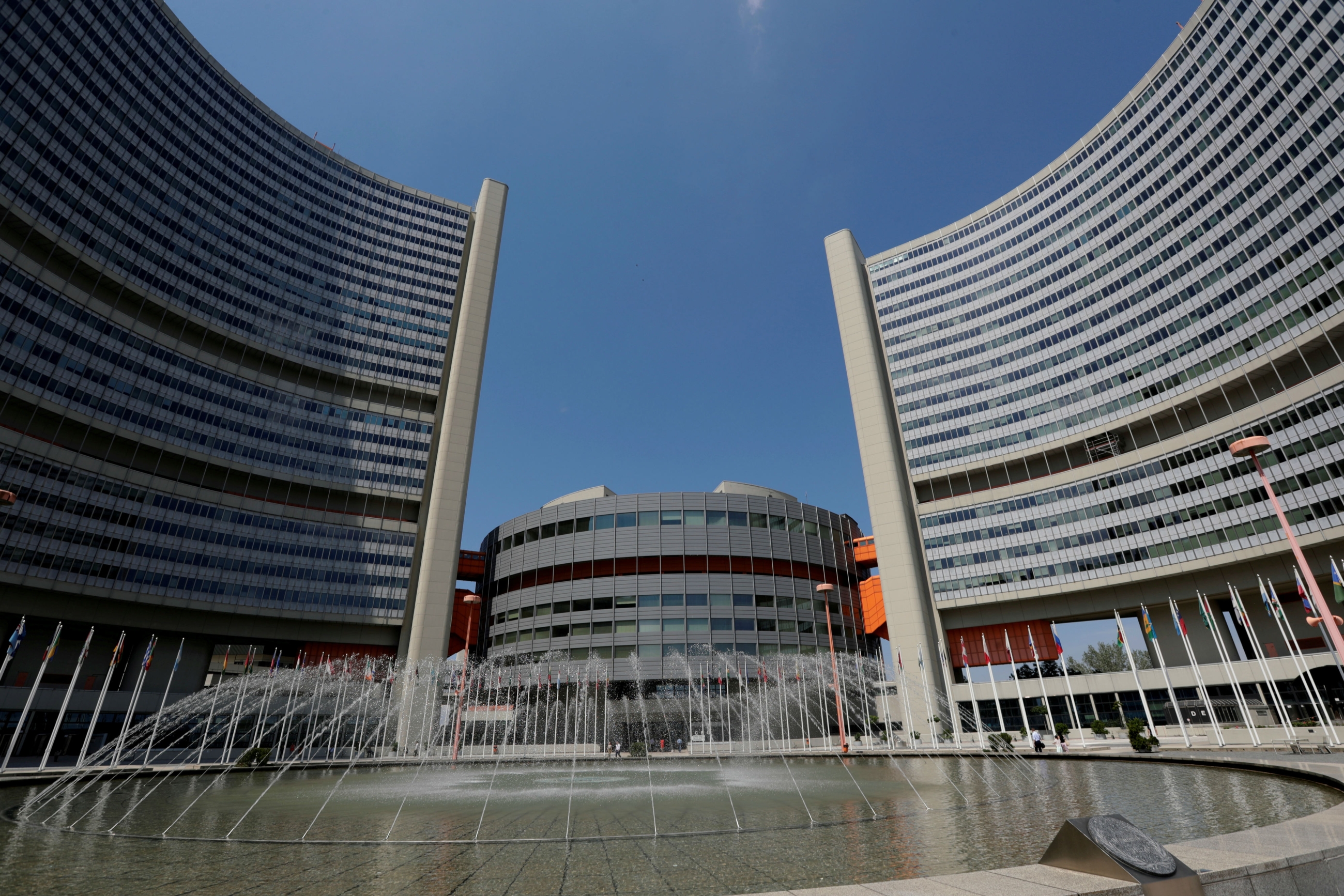
A meeting on Friday between the remaining signatories of Iran’s nuclear deal is the “last chance” to save the 2015 pact, an Iranian official has said.
Ahead of the diplomatic summit in the Austrian capital, Iran's Fars news agency quoted foreign ministry spokesman Abbas Mousav as saying that Tehran would not accept “artificial” solutions to the US withdrawal that has imperilled the agreement.
Four years ago Iran reached a landmark agreement with the United States, Britain, China, France, Germany and Russia that saw sanctions lifted in return for a curbing of Tehran’s nuclear enrichment programme.
However, since coming to power US President Donald Trump has reneged on the plan, imposing a raft of tough new sanctions on Iran, severely destabilising its economy and heightening tensions between Tehran and Washington.
'I think this meeting can be the last chance for the remaining parties'
- Abbas Mousav, foreign ministry spokesman
The remaining signatories have sought to salvage the pact, and their representatives are convening in Vienna in an attempt to find a route out of the crisis.
New MEE newsletter: Jerusalem Dispatch
Sign up to get the latest insights and analysis on Israel-Palestine, alongside Turkey Unpacked and other MEE newsletters
How that can be done is unclear, however, and last week Iran said it would exceed the amount of enriched uranium allowed by the deal in response to the US sanctions. The limit is expected to be reached this weekend.
"I think this meeting can be the last chance for the remaining parties...to gather and see how they can meet their commitments towards Iran," Mousav said, as quoted by Fars.
The foreign ministry spokesman said the remaining signatories had failed so far to take any action, despite their supportive statements.
Fars also quoted Deputy Foreign Minister Abbas Araqchi, who is in the Austrian capital, as saying Iran had run out of "strategic patience".
He added: "Iran will not tolerate remaining unilaterally committed to the nuclear deal."
Araqchi said he hoped the Vienna meeting could lead to "tangible" action, Fars said.
A barter trade system known as Instex has been set up by European powers in an attempt to relieve some of the economic pressure on Iran.
It is not yet operational, and is not expected to be able to handle large volumes of items such as medicine. Large oil sales, which Tehran chiefly desires, would not be covered by Instex.
"We should see how much money can be transferred via Instex," Mousavi said. "If it's an artificial mechanism, Iran will surely not accept it."
Middle East Eye delivers independent and unrivalled coverage and analysis of the Middle East, North Africa and beyond. To learn more about republishing this content and the associated fees, please fill out this form. More about MEE can be found here.


